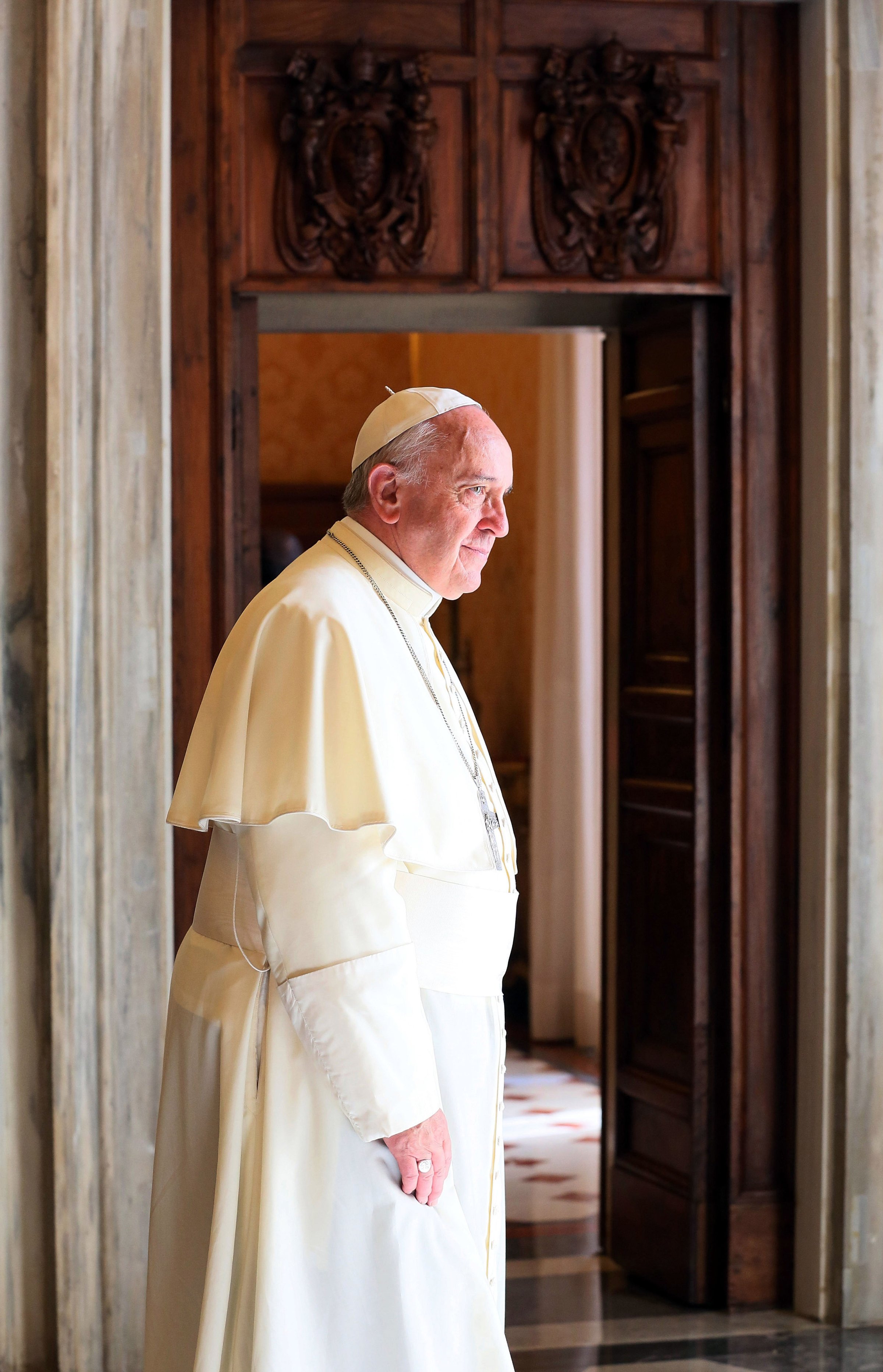
Last week New York Cardinal Timothy Dolan gave his okay to the St. Patrick Day Parade Committee’s decision to allow a gay group to march in the 2015 parade under their own banner. This was a remarkable shift from one of Dolan’s predecessors Cardinal John O’Connor who in 1993 declared that to allow a gay group to march in the parade would be a slander to the Apostle’s Creed.
This closes a remarkable summer in which a number of high-ranking Catholic prelates have signaled that Pope Francis’s more open posture on gay issues has permeated through the Catholic world. In May, a top-ranking Italian bishop said that the Church should be more open to arguments in support of same-sex marriage. And just a few weeks ago, one of Pope Francis’s closest friends Brazilian Cardinal Cláudio Hummes said in an interview that he “didn’t know” whether Jesus would oppose gay marriage.
All of this comes as the Catholic Church prepares for October’s Synod on the Family. This blockbuster event will bring bishops from around the world to Rome to discuss among other things, how the Church should change its pastoral practices towards those in same-sex relationships.
All this begs the question: is the Catholic Church “evolving” on gay marriage? Of course, it should be noted from the beginning that this possible evolution is unlikely to become a revolution. Don’t expect Pope Francis to come out in support of gay marriage anytime soon. His “evolution” on this issue will not look like that of President Barack Obama.
But from the beginning of his pontificate, Francis has been known to be a pragmatist on LGBT issues. As the archbishop of Buenos Aires, he supported civil unions as an alternative to gay marriage during 2010 national debate on the issue. Francis brought this pragmatic streak to Rome after his election in March 2013. In July of last year, he famously said, “[i]f someone is gay and he searches for the Lord and has good will, who am I to judge?”
This was a remarkable shift from his predecessors. Since the Congregation for the Doctrine of the Faith made the raw declaration in 1975 that “homosexual acts are intrinsically disordered” the Vatican has made it abundantly clear where it stood on homosexuality and issues surrounding it, most notably same-sex marriage. In 1997, the American bishops grew concerned that the language from Rome had grown too cold and in response published the pastoral letter Always Our Children.
In it, they write: “God does not love someone any less simply because he or she is homosexual. God’s love is always and everywhere offered to those who are open to receiving it.” It says Church ministers must “welcome homosexual persons into the faith community, and seek out those on the margins. Avoid stereotyping and condemning. Strive first to listen.”
This newer paradigm seems to make to be shared by Pope Francis. Francis’s simple pastoral step isn’t breaking any new ground theologically nor is intending to change the Church’s political stances on gay marriage.
Francis’s message to the LGBT community has been simple, but has once again proclaimed the fundamental truths of the Christian faith: You are children of God. The Lord loves you. Christ walks with you. The pope cherishes you, and the Church welcomes you.
But now that papal message must become the Church’s practice without exception and without delay. Francis’s words must become our lived reality: “Let the Church always be a place of mercy and hope, where everyone is welcomed, loved and forgiven.”
The October Synod is a great place for the bishops to consider this new mandate, but it must not end there. Every generation of Christians is called to rebuild and to recreate the faith of Jesus Christ in our own times. We might only be experiencing an evolution, but it must begin now. Like Mary Madgalene upon the news that Jesus had risen from the dead, we must make haste to proclaim the good news that with God’s love in Jesus no one is excluded and no one is left behind.
Christopher Hale is a senior fellow at Catholics in Alliance for the Common Good.
More Must-Reads From TIME
- The 100 Most Influential People of 2024
- How Far Trump Would Go
- Why Maternity Care Is Underpaid
- Scenes From Pro-Palestinian Encampments Across U.S. Universities
- Saving Seconds Is Better Than Hours
- Why Your Breakfast Should Start with a Vegetable
- Welcome to the Golden Age of Ryan Gosling
- Want Weekly Recs on What to Watch, Read, and More? Sign Up for Worth Your Time
Contact us at letters@time.com